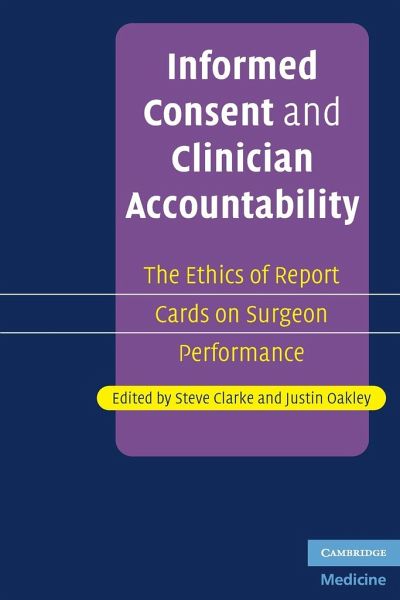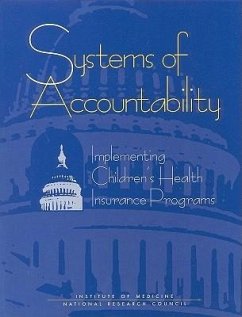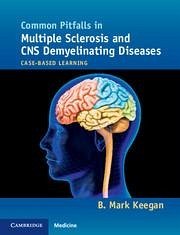
Informed Consent and Clinician Accountability
Versandkostenfrei!
Versandfertig in über 4 Wochen
67,99 €
inkl. MwSt.
Weitere Ausgaben:

PAYBACK Punkte
34 °P sammeln!
This timely book analyses and evaluates ethical and social implications of recent developments in reporting surgeon performance. It contains chapters by leading international specialists in philosophy, bioethics, epidemiology, medical administration, surgery, and law, demonstrating the diversity and complexity of debates about this topic, raising considerations of patient autonomy, accountability, justice, and the quality and safety of medical services. Performance information on individual cardiac surgeons has been publicly available in parts of the US for over a decade. Survival rates for in...
This timely book analyses and evaluates ethical and social implications of recent developments in reporting surgeon performance. It contains chapters by leading international specialists in philosophy, bioethics, epidemiology, medical administration, surgery, and law, demonstrating the diversity and complexity of debates about this topic, raising considerations of patient autonomy, accountability, justice, and the quality and safety of medical services. Performance information on individual cardiac surgeons has been publicly available in parts of the US for over a decade. Survival rates for individual cardiac surgeons in the UK have recently been released to the public. This trend is being driven by various factors, including concerns about accountability, patients' rights, quality and safety of medical care, and the need to avoid scandals in medical care. This trend is likely to extend to other countries, to other clinicians, and to professions beyond health care, making this text an essential addition to the literature available.














